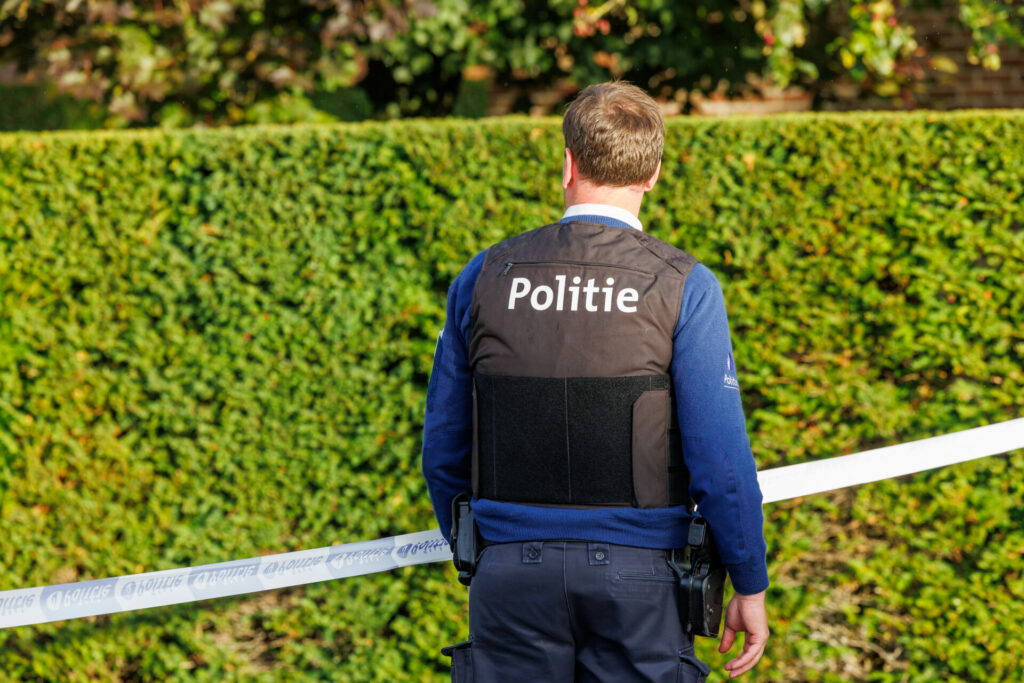Twenty-one searches were carried out across Wallonia on Monday in the cities of Liège, Seraing, Saint-Nicolas, Grâce-Hollogne, Jemeppe, Verviers, Marche-en-Famenne, Houffalize and Morlanwelz. Police carried out their raids as a result of information from the decrypted Sky ECC mobile communications app, which the gang used until March 2021.
The criminal organisation carried out its activities across the provinces of Liège and Luxembourg, as well as in Marche-en-Famenne and Houffalize. Authorities discovered that the group was allegedly trafficking cocaine and cannabis over a period of at least four years.
According to the Liège Public Prosecutor's Office, the suspects were procuring kilos of cocaine in Antwerp and across the border in the Netherlands. During the searches, a brick of 800 grams of cocaine, as well as cutting products, were found bundled in a hidden workshop used by the criminals.
Investigators also seized dozens of cocaine pellets sent to several addresses, as well as hidden in secret caches, such as headlights, glove boxes, or the headrests within several vehicles. Equipment for the packaging and sale of cocaine, such as scales, baggies, vacuum packing machines and a press, were also found.
Furthermore, police discovered a 600 plant cannabis grow in a raid in Verviers, as well as planting material and waste at addresses in Houffalize and Jemeppe.
Police seized an extensive list of goods, including 33 vehicles, of which 10 are believed to be used by the suspects. These vehicles are estimated to be worth €300,000. Wads of banknotes worth over €30,000 and assets valued at around €70,000 were also seized.
Related News
- Belgium and Panama sign agreement to combat drug trafficking
- Over 2 tonnes of cocaine washed up on France's west coast
A Rolex watch, flat screen television, Louis Vuitton leather handbags, and passports were also seized by investigators.
On 17 March, the United Nations identified Belgium as one the key entry points of cocaine to Europe and an international hub for organised criminal activity.
In South America, coca production has reached an all-time high on the base of significant usage and demand in Europe, and especially in Belgium.

